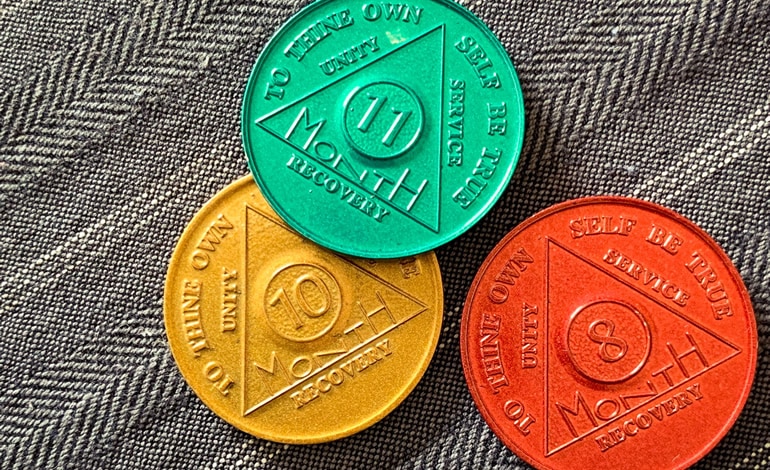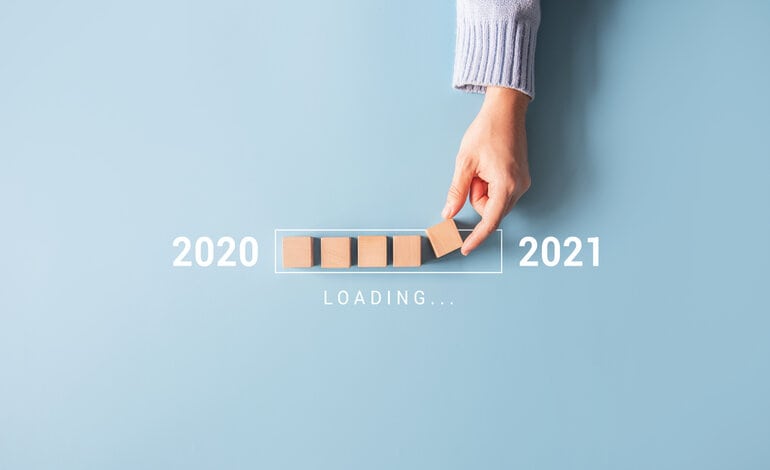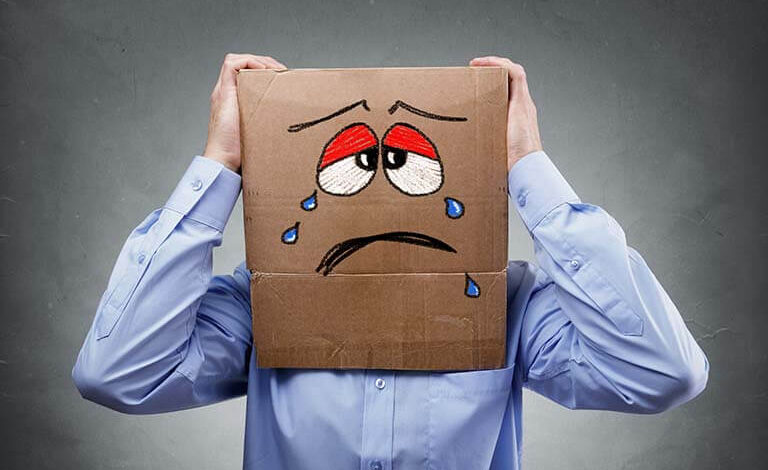September is National Recovery Month, initiated by the Substance Abuse and Mental Health Services Administration.
“Recovery Month promotes the societal benefits of prevention, treatment, and recovery for mental health and substance use disorders, celebrates people in recovery, applauds the contributions of treatment and service providers, and promotes the message that recovery in all its forms is possible”. -SAMSHA
Recovery Month spreads the positive message that behavioral health is essential to overall health, that prevention works, treatment is effective, and people can and do recover.
During September, Akua Mind and Body will be promoting a series of written content that will highlight the perils of recovery to spread awareness about the successes, lessons, and hardships that come with recovery. This series will include the following:
Stages of Recovery
Common Roadblocks in Recovery
Therapist’s corner: Questions About Addiction Recovery
Things Not to Say to A Loved One In Recovery
The Importance of Connection in Recovery
Looking at the numbers
An estimated 22 million Americans are in recovery from opioids and other substances. This number is “estimated” because state and federal governments do not track recovery as closely as they follow addiction rates or overdoses. The vast majority of individuals who are struggling with addiction need a professional licensed treatment center. Very few individuals can become sober without any intervention.
You must be the one who chooses recovery
There are many steps to the treatment and recovery process. The only way you can overcome your substance abuse disorder and be successful in your recovery is if you choose to get better. Nobody in your life, whether it is a loved one, a health care professional, or a judge, will make that decision for you. Until you make the personal choice to overcome your addiction, you will be still be fighting the toughest battle of your life.
Stages of recovery: making a change
The following are essential stages of recovery:
Early awareness and acknowledgment of the problem: This includes the pre-contemplation, contemplation, and preparation stage. You may initially be justifying your behavior and making excuses. You will soon realize that you need to accept that you have a problem and make a change. The preparation stage includes making concrete plans.
Gathering information about your addiction: taking a pledge of abstinence, or researching substance abuse treatment centers are all part of the preparation stage.
Determination and commitment to treatment: This stage is the foundation for long-term recovery where you are taking steps to make a change. You may be changing your surroundings, taking medication to help with your cravings, or entering into a drug treatment program. When entering into a substance abuse treatment program, you will go through intake and detoxification before entering therapy and group sessions.
Entering into recovery after treatment and finding a new way of living: Many believe that admitting there is a problem and entering into a treatment program is the most challenging step. However, entering into recovery after completing treatment may be the most critical and challenging step in your recovery. You are now coming back into the real world, where you will have cravings and external stressors. You no longer have someone watching over you or offering you advice. You must make decisions on your own that will affect your recovery, so choose wisely. Enrolling in outpatient therapy weekly, whether it is family therapy, group therapy, or individual therapy, is beneficial for this recovery stage.
Maintenance therapy for a lifelong recovery journey:
Joining support groups
Making a relapse prevention plan
Finding a healthy community
If you do relapse at any stage, it is important to have a support group and a relapse treatment plan to get back on track with your recovery.
Akua Mind and Body treatment
Akua Mind and Body is a full-service treatment program that offers a wide range of “east meets west” treatment modalities for many different populations struggling with mental health and substance use disorders. Akua makes your recovery a priority. Akua Mind and Body treats co-occurring disorders and works diligently with each client and their family to ensure that treatment is specifically tailored to their needs, and not just their disorder.
Akua Mind and Body offers detoxification, intensive treatment programs, and outpatient treatment programs. Akua Mind and Body uses a blend of holistic approaches combined with evidence-based treatment to help individuals who have been affected by substance use and mental health disorders to recognize their underlying triggers and develop healthy coping skills. Regardless of where you are in your recovery process, AKUA Mind and Body can help.




